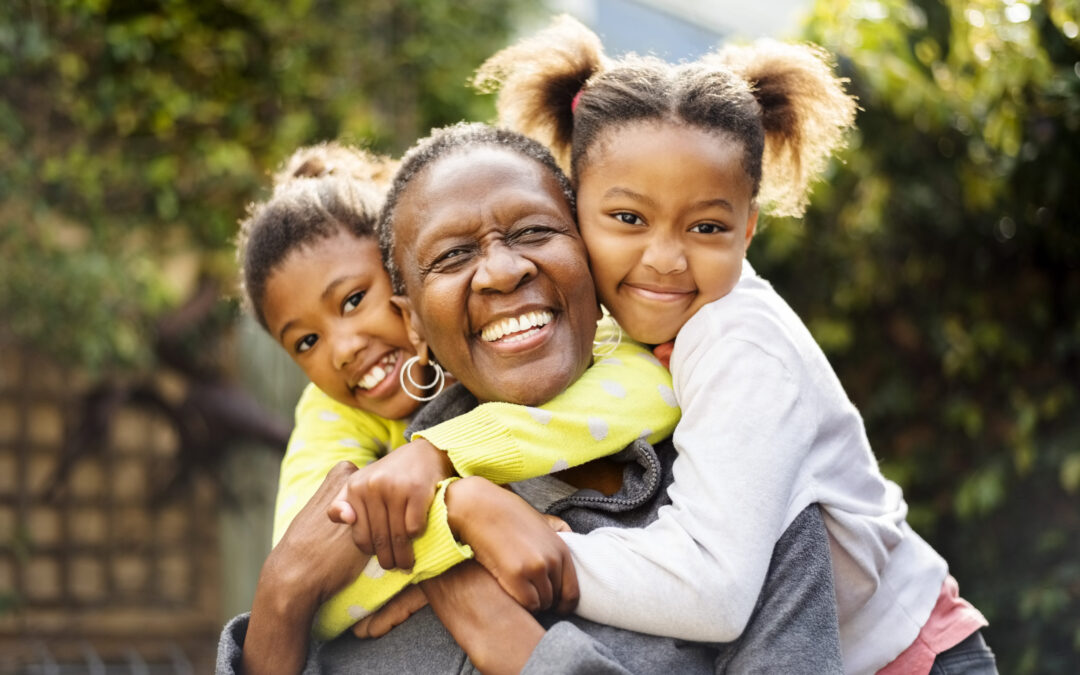1. Role-play
Engaging in pretend play is one of the best ways for your child to pick up new skills. They’ll organically practice communicating and interacting with different kinds of people in varied scenarios.
Kids who engaged in dramatic role-play—like pretending to be a group of animals, playing chefs in a restaurant, or acting out a favorite picture book story—improved their ability to practice emotional control.
As they’re learning, don’t be surprised or dismayed if they role-play undesirable behavior. It’s part of the process! Just roll with it and role-play the consequences.
For example, if they’re playing chef and they’re going to make you leave their restaurant, you can role-play being sad and upset when you leave, or not wanting to go back to the restaurant again because the chef was mean to you.
It’s much gentler on everyone if they pretend to be mean while role-playing at home so they can see how it feels and what happens next than if they try it on the playground.
Focus on having fun, and let the learning come naturally!
2. Collaborative Arts & Crafts
Engaging in an artistic activity gives your child an opportunity to express themselves in a tangible, physical way.
Try having them draw what they’re feeling or match colors to emotions. You can also add a collaborative element to an art project by making something together, like a big mural.
Brainstorming what you want it to be, deciding who will do what, and working side by side will build social skills.
Another fun activity is to make a game out of drawing, with each of you beginning a picture, then swapping papers and finishing each other’s.
Try guessing what you both were imagining when you first drew and then come up with stories about what the pictures became after you cooperated.
3. Emotion Charades
Take turns acting out emotions. You can write them on slips of paper or come up with them on the fly.
Charades gives your child the chance to practice naming and exploring different emotions, as well as to learn non-verbal cues connected to feelings, like frowning (sad), stomping feet (angry), jumping up and down (excited), and covering eyes (scared).
4. Community Collaborations
Taking activities out into the community allows your child to practice their social skills outside the family. It’s also a great chance for a group activity for preschool socialization.
For example, start a community garden (even if it’s an indoor or windowsill herb garden) with your neighbors. Each family could choose a different food to plant and rotate tending to the garden. And you can share the produce once it’s harvested!
Sharing, coordinating, and collaborating on a project that yields real rewards can help your child feel what it’s like to be a part of something bigger than themselves.
Other fun community projects include:
- Lemonade stands
- Bake sales
- Multifamily yard sales
- Block parties
5. Gratitude Activities
Practicing gratitude is ageless!
Everyone in your family can participate in it and reap rewards like reducing stress, feeling grounded, and feeling more connected to the people around you.
There are many ways to incorporate a gratitude ritual into your day. You can make a habit out of sharing one thing you’re grateful for when you sit down to dinner. Or give each of your family members a compliment before you go to bed.
Here are 11 simple gratitude activities for kids as they learn to express true appreciation
Helping your preschooler develop a gratitude habit is an important part of learning how to engage in meaningful relationships.
The more you provide opportunities for your child to practice their social skills, the more these skills will become part of how they interact with the world.
It’s not always easy to get there, but seeing your child start to use the social skills you’ve worked on can be one of the most gratifying parts of raising a preschooler.

